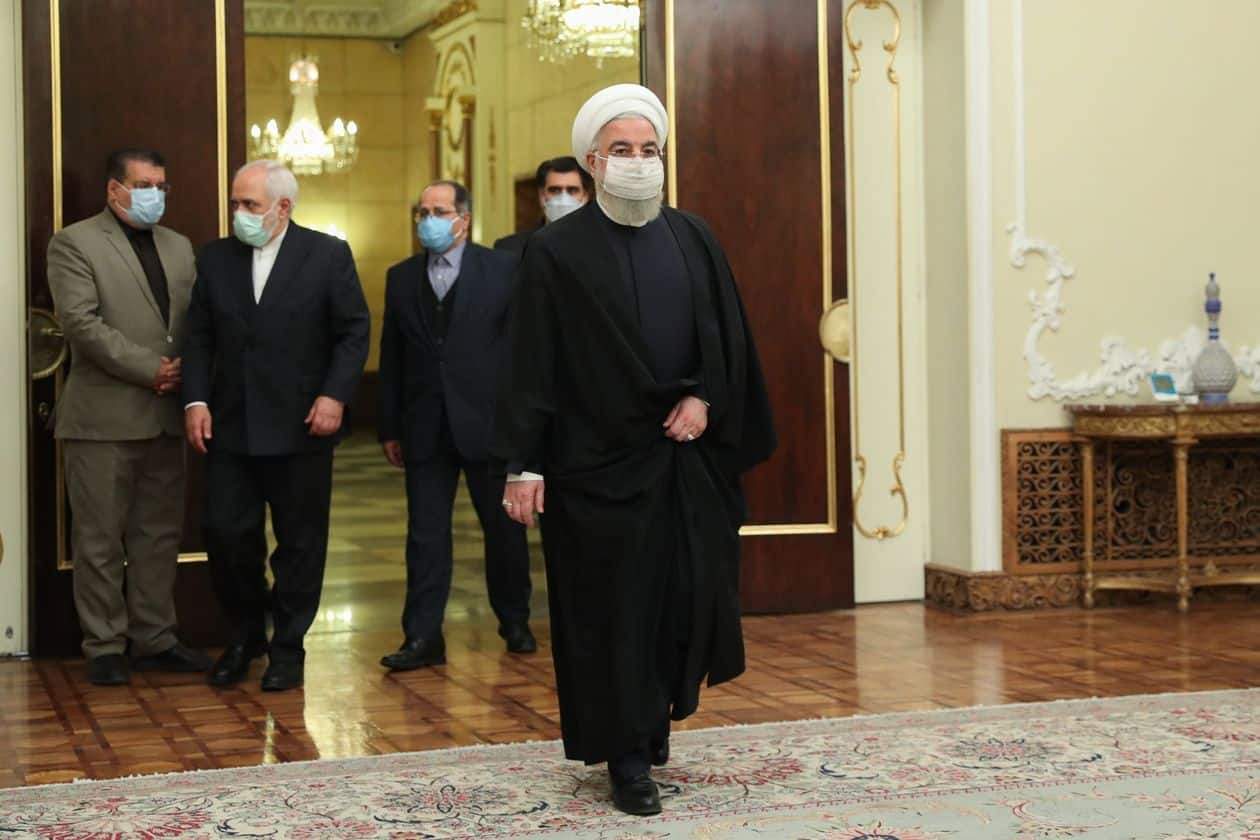Iran to Tightly Restrict Inspectors’ Access if U.S. Sanctions Not Lifted
Wednesday, February 17, 2021
Categories: ASCF News Emerging Threats National Preparedness

Iran has warned it would tear up much of the international monitoring of its nuclear activities next week if the U.S. doesn’t lift economic sanctions, in a fresh bid to pressure the Biden administration to drop the sanctions.
Iran had already indicated it would restrict the access of United Nations atomic agency inspectors starting later this month if sweeping U.S. sanctions imposed on the country since 2018 by the Trump administration weren’t lifted.
On Monday, its ambassador to the International Atomic Energy Agency confirmed on Twitter he had sent a letter to the agency setting out the restrictions. He said they would take effect on Feb. 23.
A confidential report by the IAEA on Tuesday, seen by The Wall Street Journal, detailed measures that would severely limit the ability of the agency to oversee Iran’s nuclear work.
The monitoring of Iran’s nuclear facilities was the last major component of the 2015 nuclear deal that Tehran had abided by. Iran started to breach key aspects of that agreement in July 2019 in retaliation for the U.S. withdrawal from the agreement and imposition of sanctions on Tehran.
Iran had said publicly it would cease to apply the Additional Protocol next week, an arrangement that allows IAEA inspectors broad access to facilities other than declared nuclear sites.
However, according to the report, Iran sent the agency a letter on Monday, saying it would move to end daily access to its main nuclear sites. It threatened to remove “modern technologies” like electronic seals that ensure Iran is not accessing banned equipment and online monitoring of Iran’s enrichment.
Iran also said it would no longer permit the IAEA to monitor its uranium ore extraction or its fabrication of parts for centrifuges, machines that can enrich uranium to weapons grade level. It also threatened to stop implementing an IAEA rule that obliges countries to give the agency advance warning of nuclear facilities and work they plan to do.
The IAEA concluded that these steps would have a “serious impact” on its monitoring of Iran’s activities, according to the report that was sent to member states.
Iran gave itself some wiggle room on how quickly it implements the restrictions, according to the report, saying in a letter it sent the agency on Monday, that it expected the agency to prepare for its restricted access “in due time.”
IAEA Director-General Rafael Grossi had offered to travel to Tehran for talks aimed at permitting the “Agency to continue essential verification activities,” the report said. There was no immediate comment by Iran on the IAEA report.
The threat to restrict inspectors’ access is the latest step by Iran to expand its nuclear activities. In recent weeks, Iran has started enriching uranium to 20%, the highest purity in seven years, it has started producing uranium metal—a key component of a nuclear weapon—and it has installed more advanced centrifuges in an underground nuclear site.
President Biden has said he wishes to return the U.S. to the nuclear accord but has said Iran must first move back into compliance with the agreement. U.S. officials have been discussing ways they could encourage Iran not to proceed with any fresh breaches of the accord, according to people familiar with the talks.
Photo: Iranian President Hassan Rouhani arriving to meet with Qatar’s foreign minister at the presidential office in Tehran on Monday. - IRANIAN PRESIDENCY/EPA/SHUTTERSTOCK
Link: Iran to Tightly Restrict Inspectors’ Access if U.S. Sanctions Not Lifted - WSJ




